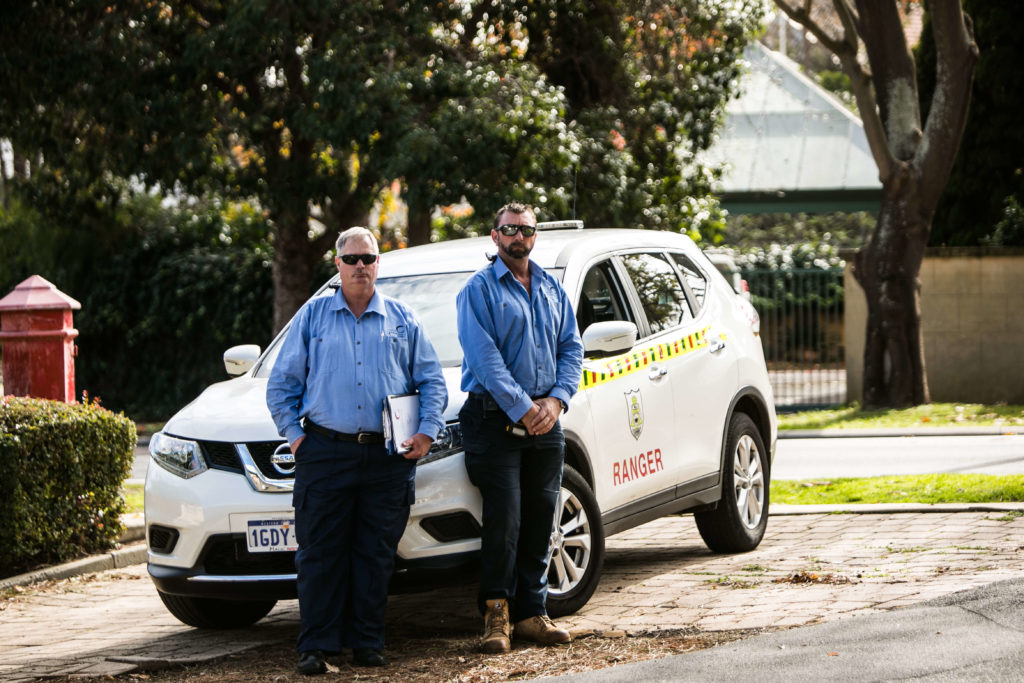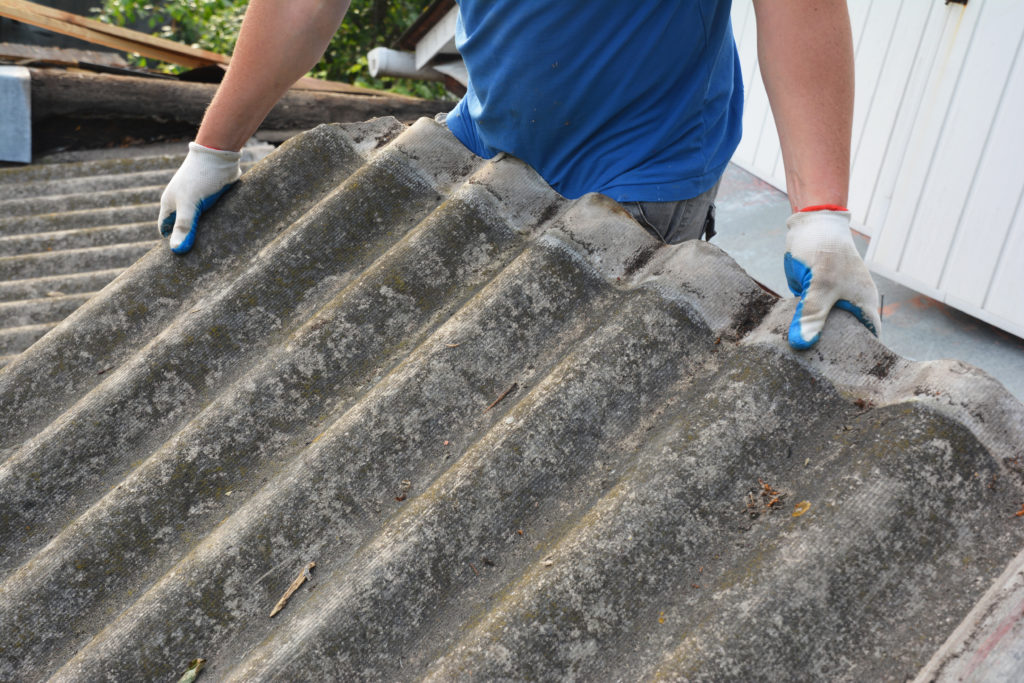Where we’ve been
Before 2020 hit us with a curve ball, workplace mental health was already a significant issue for WA local governments. COVID-19 and the challenges of 2020 have compounded existing issues and the topics of mental health, stress management, and resilience are more pressing than ever for local government leaders, people, and risk managers.






